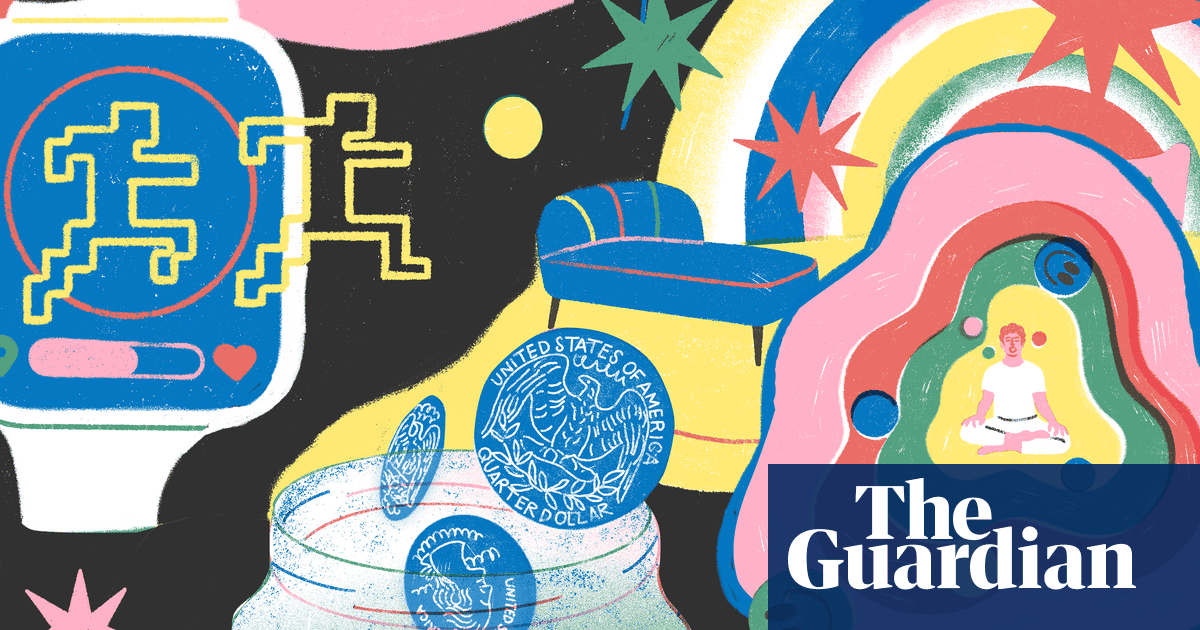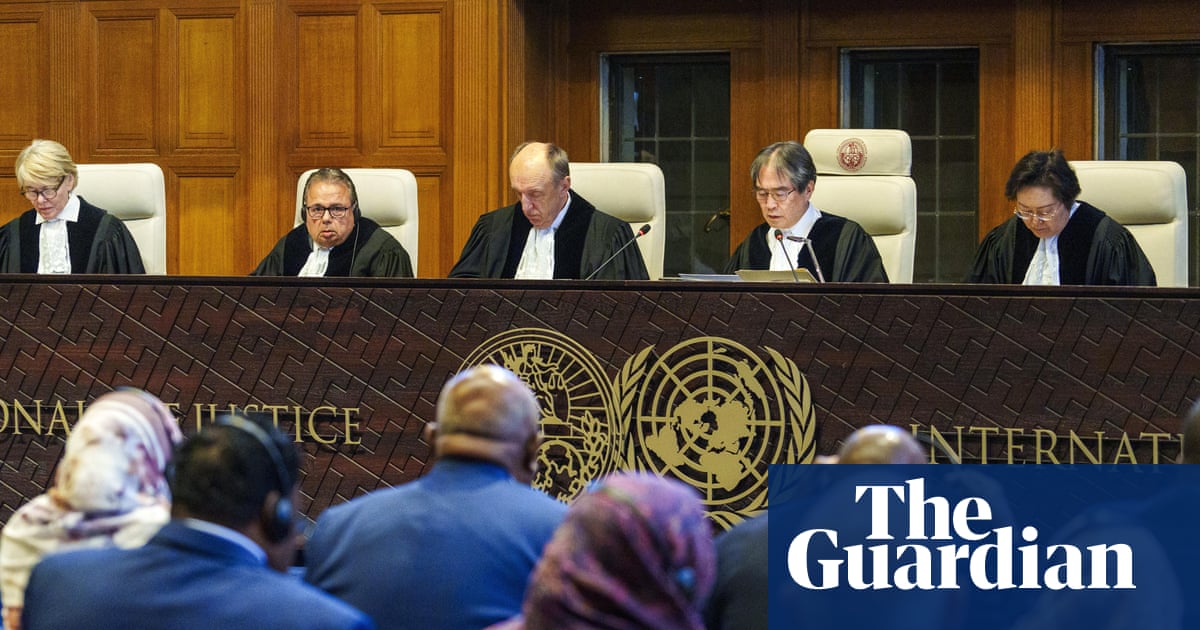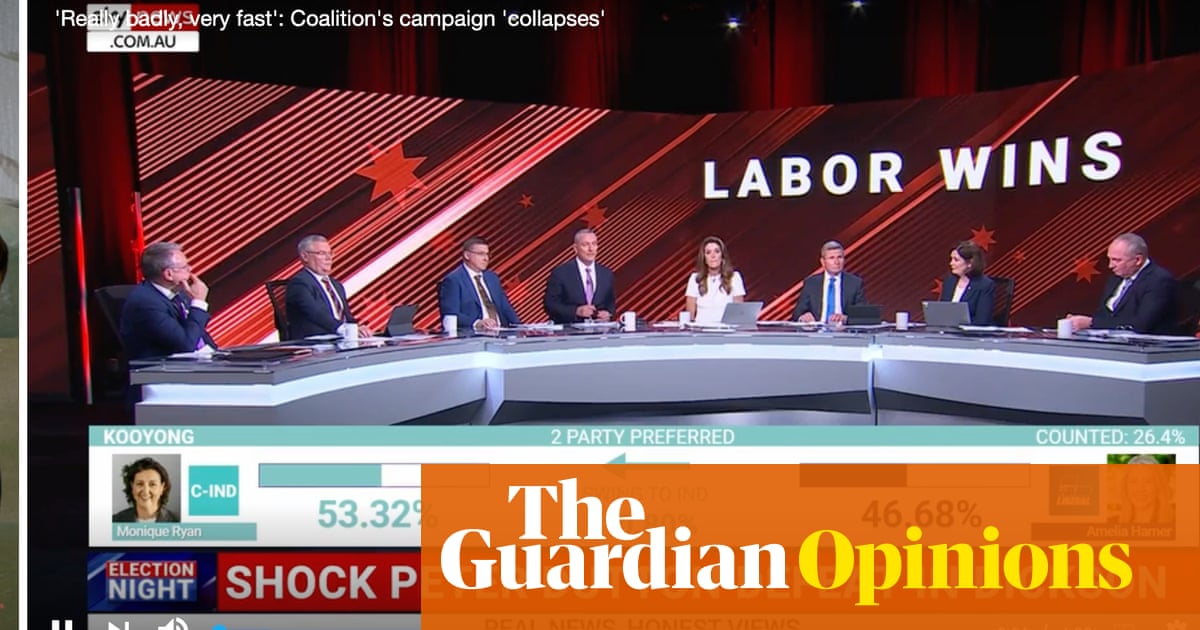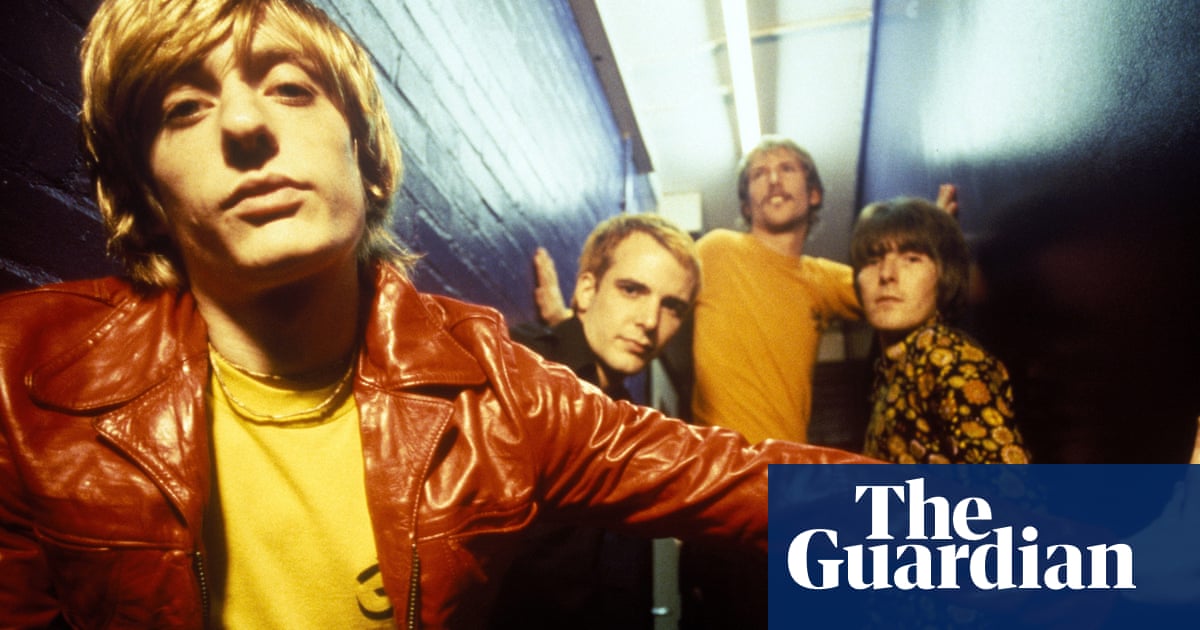An immolated teenager flailing in a run down tenement. A doubledecker bus suspended above a calm sea bay. A dishevelled middle-aged couple frolicking down a high street, caught in their own private musical. There’s an irrepressible fountain of dream imagery erupting out of Nick Cheung’s fourth feature, which imagines Hong Kong after the 2008 financial crash as a nightmarish inland empire awash in outrage, anguish and guilt. “Other people’s money!” crows one investor – but the real business here is other people’s dreams.
Loose-cannon psychiatrist Dr Man (Terrance Lau) is under censure from his bosses for investigating his patients’ private lives. Maybe it’s his own uneasy dreams that motivate him to trespass, though a new bizarre case gives him added cause to go the extra mile. A narcoleptic taxi driver admitted to hospital after nodding off and veering into the opposite lane, Choi (Nick Cheung) is trapped in a twilight between reality and reverie. Prying into the circumstances once again, Dr Man discovers something even more disturbing at the man’s home: his wife Fiona (Fala Chen), an obsessive shut-in who monitors financial feeds.
A Hong Kong industry veteran and Johnnie To bit-player, Cheung has inherited some of that master director’s way with fine-milled visuals; his lambent and baffling headscapes also feel very reminiscent of another maestro, the dear departed David Lynch. Initially presenting these visions in fragmentary fashion, threading between Man, Choi, Fiona and a former psychiatrist (an Andy Lau cameo) who claims to enter people’s dreams, the irrational is the city’s governing force – surfacing both in the nocturnal unconscious and stock-market eddies.
The transition to a more conventional narrative shadowing Dr Man’s shrink-cum-gumshoe is a little abrupt, dissipating the film’s oneiric kick. And a stylist though he undoubtedly is, Cheung doesn’t invest heavily enough in a single character to bring the story home. That’s especially clear in the case of Choi and Fiona’s supposedly fateful love affair, wafted along, in a Wong Kar-Wai-esque touch, on the old-timey strains of Broadway standard Peg O’ My Heart. Instead, somewhat disingenuously Cheung pushes Man’s credo of emotional honesty to the fore. This powerfully textured psychological warren he has lovingly created says otherwise.

 5 hours ago
8
5 hours ago
8













































